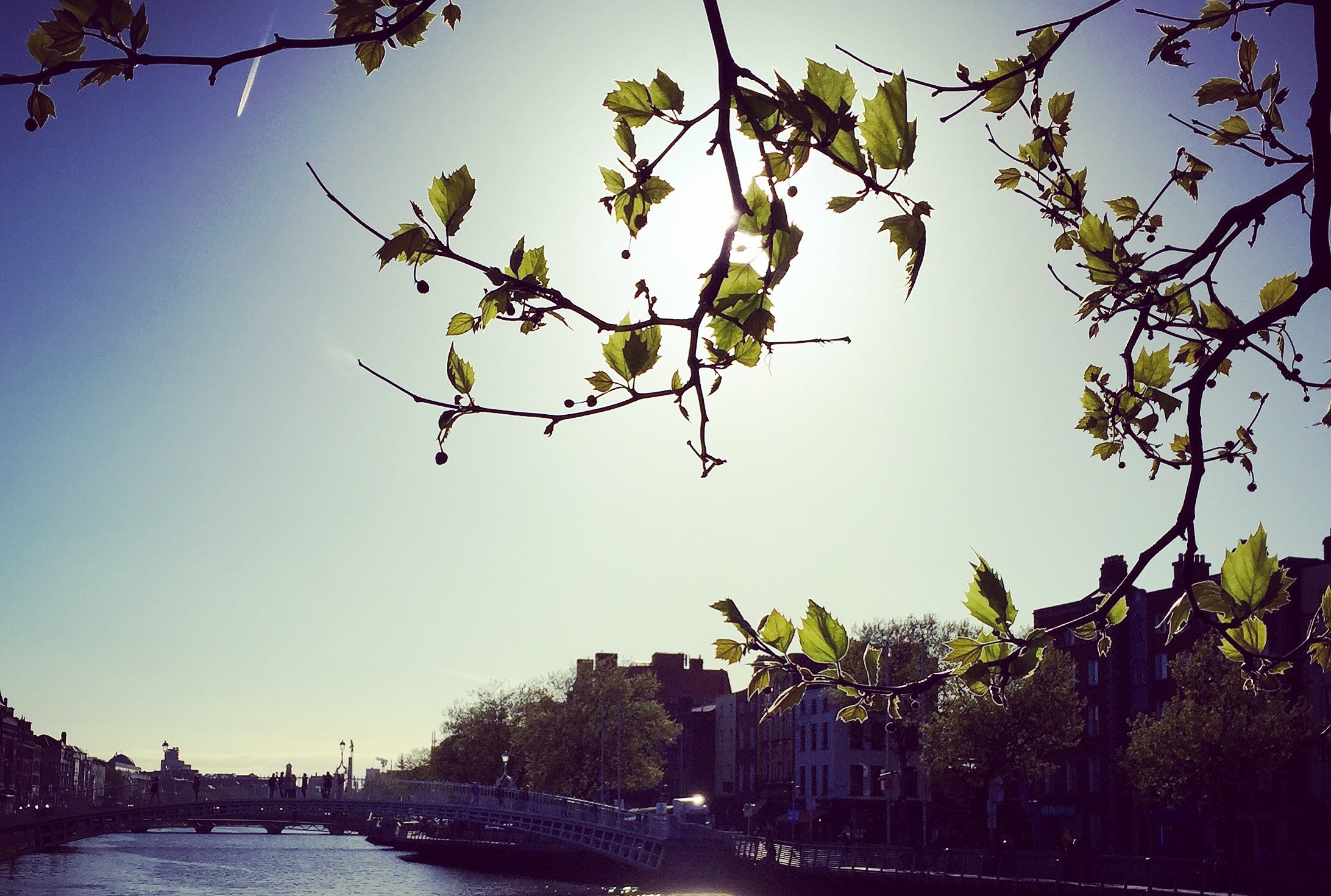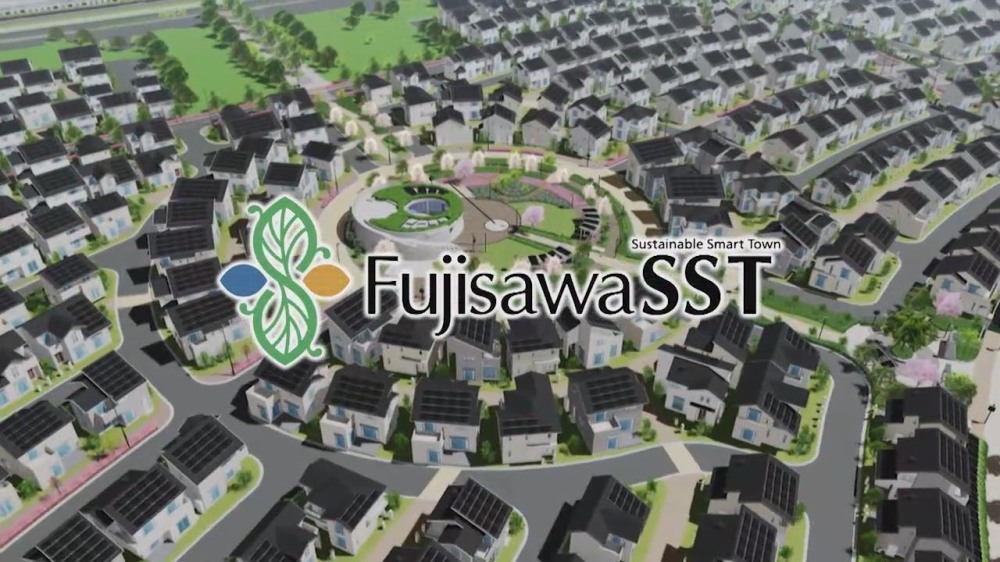“We are currently in a society where people live longer. Smart cities are a response to this.” said Laurent Abadie, CEO of Panasonic Europe. His words are clear, smart cities are not only about technology and the environment but also about people’ well-being, about which services we can offer to people and make their lives better. In other words, we do not need to forget to reconcile all the three pillars of sustainability.
This speech came out after the commissioning of the self-sufficient city in Fujisawa, Japan, by the multinational enterprise Panasonic. The Fujisawa Sustainable Smart Town is a big neighbourhood with 1000 households, green areas and solar panels everywhere. They are not developing a town only based on advanced-technology but, in their own words, “based on actual lifestyles”. Electric cars and a rational use of energy (it has amazing street lamps! LED lights that only turn on during the pedestrians’ tour) have helped to reduce 70% of CO2 emissions. Also with water reuse installations they have achieved to lessen 30% of water consumption, and residents interact, bond and exchange ideas and objectives for achieving better lifestyles in mobility, security and well-being.
This utopian city but is actually a high-functionality reality. However, it is located in Japan, and this country has the advantage of having “a culture very used to manage their own resources because the land is very scarce” said the Spanish architect Pich-Aguilera. Plus very dense. Have other countries the possibility to replicate this example and become a success, as well? Pich-Aguilera thinks that it is possible, and about his country, Spain, he believes that however nowadays the law is against the renewable energy, Spanish people are close to a great change. The reason is because this country has a great potential in energy-terms. First, because the climate, obviously, and second because the great potential in attaining a good and efficient energy management in cities.
The path is steered but we still need to work in better deals between the public administration and private initiatives for inversions. So come on, multinational corporations, follow the Panasonic and Apple example (they are working together in a second residential sustainable area in Japan) and the planet and people will thank you. It’s hip to be green!
If you would like to know more about the Fujisawa project, here you go! There are very good schemes and infographics about the sustainable ideas performance. http://fujisawasst.com/EN/

